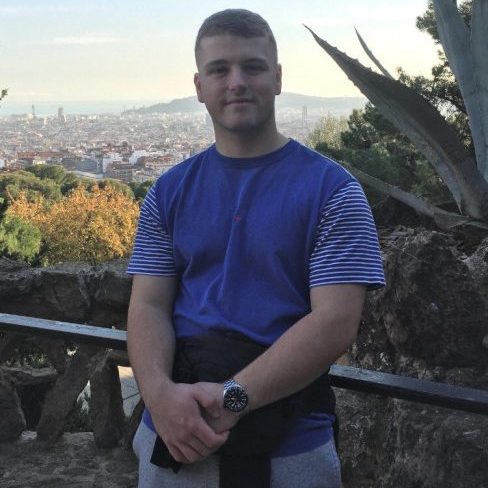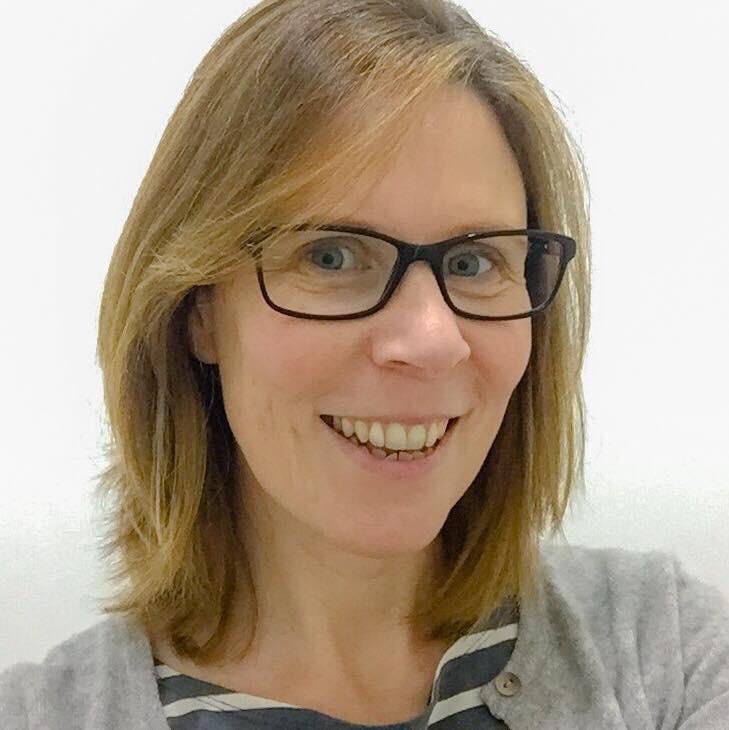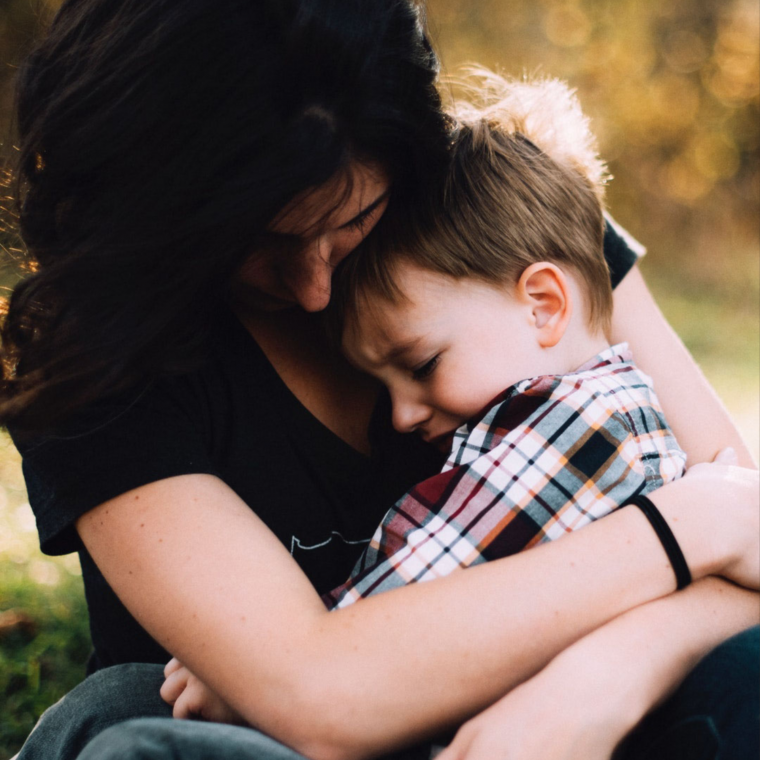Life-changing research
Our primary aim is to fund research that will find a truly reliable test and a cure for every Lyme disease patient. We want to both of these things to be available on the NHS.
To help achieve this, we recently launched the first Lyme disease research programme of its kind in the UK.
We want to make it so that:
- the estimated 1,800 people a year who receive a false negative result can get a reliable and accurate test, and the help and treatment they need.
- Lyme patients can be tested accurately in both the early and late stages of the disease.
- there is a test for cure – a way to tell after treatment if the infection remains or has been cleared.
- the estimated 3,000 people a year who continue to suffer symptoms after treatment – and all the existing chronic Lyme sufferers – can access treatments that cure them, on the NHS.
Only scientific evidence will make these things happen. You help us provide this by donating to our research fund here.

Awareness
We campaign to raise awareness, educate the public on how to prevent Lyme disease.
In 2020 alone we reached over 600 people with our free online awareness talks, including those at organisations like The Wildlife Trusts and Forestry England.
We also lobby the government, attend and hold conferences and events, and push the agenda through our relationships with public health bodies and consultants.
“Your presentation was so informative and gave us much more insight than you would normally get from simple online resources. I now believe that I can update our guidance with much more information this year which will be hugely beneficial to the safety of our staff and volunteers.”
Devon Wildlife Trust
“It was an excellent talk. Relevant, considered, thorough and professionally presented.”
Sussex Wildlife Trust
Patient support
We offer information and advice on diagnosis and treatment based on the NICE guideline.
Since the charity was launched in 2016, well over 800 people have used our patient helpdesk service for information and advice. Many of them have stayed in touch to share Lyme success stories after treatment, and thank us for the part we’ve played in helping them.
We’re so grateful to be in a position to offer help to others, and it’s great to hear when and how we’re making a difference.
Their stories also help demonstrate why research is so desperately needed.
Here are some patient stories from people we have helped.
Edward’s Story

Edward first contacted the charity in March 2020, after suffering with symptoms of Lyme for almost two years.
He’d received a positive ELISA test through the NHS, but was struggling to get his GP to agree to an immunoblot test or treatment.
“I fell ill with awful flu like symptoms with very swollen glands a couple of years ago. It was suspected I had a nasty viral or bacterial infection. I was given 7 days of amoxicillin and felt fine for a few weeks following antibiotics.
I then relapsed and felt very ill for the next 2 years. I was diagnosed with Chronic Fatigue Syndrome. However, I knew there was something else wrong. John Caudwell’s son went to my school, so through that I was aware of Lyme disease. I asked for this to be tested for, which I thought I had been, but they lost my sample. With worsening symptoms, I searched for answers on the Internet and the Caudwell LymeCo website. After reading that I realised I had every symptom listed on one of the graphics. I rang my GP they agreed to test me for Lyme disease.
The test came back in their words ‘borderline positive’, officially an equivocal result. This lead to a lot of confusion. I straight away contacted Rosie at Caudwell LymeCo for advice. She explained to me about the NICE Guideline and that an immunoblot should be ordered, and that my result and symptoms could be treated on clinical suspicion. I then spoke to my GP they agreed to give doxycycline. They re-ran the tests. They came back ‘equivocal’ once again. My GP told me that it wasn’t good enough for a diagnosis and it probably wasn’t Lyme disease.
Rosie advised me to investigate more so I did. I found a private infectious disease consultant who also works for the NHS. She ran more testing at the same lab as the GP. This time it came back positive, finally giving me a diagnosis.
Rosie at Caudwell LymeCo was great throughout all this. Through providing a listening ear and signposting me to the right information. I am incredibly grateful, as without her I might not have pushed the way I have to find out if I had Lyme disease.“
Rachel’s Story

Rachel contacted us in August 2019. Despite presenting with the EM rash, her GP advised her to stop antibiotics after test results came back unclear.
Unknown to Rachel, this was against NICE Guideline recommendation, as the rash is diagnostic. Her symptoms worsened and she contacted us for advice.
Based on discussions with the charity, she continued the original treatment whilst we supported her in gaining support from her GP in line with Guideline recommendations, eventually gaining full treatment and seeing symptoms lessen.
“Caudwell LymeCo is a life saver, literally. Rosie listens to one patiently and offers practical help always leading one back to the government guidelines, which is massively helpful to dyslexic like me! They enabled me to procure treatment and through Rosie’s calm voice, been like a warm, kind friend giving me information, encouragement and reassurance.
I have contacted another charity but Caudwell LymeCo is much more accurately informed and with kind, patient Rosie at the end of the phone – helping to dispel the fear with pragmatic solutions.“
Kirsty’s story

Kirsty first got in touch towards the end of 2018, looking for advice when she was unsure of the treatment she was receiving from doctors.
She was bitten on holiday in Portugal and developed a bull’s eye rash. Her GP diagnosed Lyme disease and prescribed a course of Doxycycline. But she still felt unwell after treatment and despite being referred to the local hospital, wasn’t receiving further help.
“I contacted Caudwell LymeCo for advice as I was concerned that I was receiving no treatment and getting worse. The charity told me about the NICE guidelines and explained I should be prescribed a second course of antibiotics.
When I returned to the hospital I was able to discuss this with them and I started a second course. Unfortunately, my health continued to decline. The hospital insisted on testing to prove I had a current Lyme infection. They reversed my diagnosis after a negative result and tried to discharge me back to my GP. My records were amended to say that I had Chronic Fatigue Syndrome and I was told that I had never had Lyme disease.
Caudwell LymeCo told me that no test can prove a current Lyme infection, they just show there has been an immune response at some time, and they can give false negatives. They also explained that the guidelines say that the rash is much more accurate than testing and a diagnosis based on a rash should not be reversed because of a negative test ELISA result. Having access to information enabled me to ask the right questions and challenge decisions that I felt were wrong.
The hospital agreed to conduct an immunoblot and as a result I was diagnosed with Lyme disease again. I am still on the long road to recovery ten months later but having an accurate medical record is one less thing to worry about, my GP is more able to support me appropriately during my recovery.”
DB’s Story

DB originally got in touch with Caudwell LymeCo in March 2019.
He contracted acute Lyme disease after being bitten by a tick on NRA shooting grounds in Surrey.
With symptoms worsening and treatment non-effective, he reached out to Caudwell LymeCo for advice.
“I had no idea that tick bites were a ‘thing’ in the UK and even less of an idea that they can cause Lyme here. So I was surprised to find a tick embedded in my side when I got home. I sought medical advice pretty quickly and was advised to let the head grow out over the next couple of weeks, which it did. But by then I’d started developing symptoms: a spreading red ring, and eye problems with blood in my tears and some joint pain.
Within another week the joint pains had spread and become intolerable and my GP put me onto Doxycycline, at which point I experienced a Jarisch-Herxheimer reaction. My symptoms worsened and I started losing the ability to form sentences, had severe memory lapses and my hands wouldn’t stop trembling uncontrollably. The joint pains spread and worsened and kept me awake at night.
After the antibiotics I was moderately improved with fewer joint pains, but still felt rough, the tremor persisted and I was exceptionally fatigued and debilitated. I was diagnosed with Reiter’s Syndrome (reactive arthritis) whilst brain tests showed my brain had been affected and was still not fully recovered.
A few months later my symptoms worsened rapidly: worse joint pains, impaired coordination and stronger hand tremors. I reached out to Caudwell Lyme and spoke to Veronica. She listened sympathetically to my story, and noted my history and the treatment I had received. She believed that the infection was still active and advised me to go back to my GP and press for further treatment. She was able to give wonderfully clear and helpful advice concerning Lyme disease, the treatments available, the NICE guidelines to which all medical professional should work (though often don’t) and what to expect going forward from treatment. She was even able to offer some advice to my GP who liaised with her regarding treatment, the NICE guidelines and the recommended drug treatments.
It was primarily through her involvement that I was able to get a second course of treatment: high levels of Amoxicillin followed immediately by a neurological dose of Doxycyline. The latest antibiotics have helped but my condition is still ongoing. The Caudwell Lyme charity has been there for me, running through further options with me, and helping be a voice for me when sometimes those who should be ‘in the know’ simply aren’t.”
Dee’s story

Dee got in touch in May 2018 with concerns that her two young daughters had Lyme disease. We shared a lot of research-based information on Lyme disease and gave Dee advice and reassurances that the path she was following to obtain treatment for her children was the right one.
“Having realised that both myself and at least one of my young daughters had Lyme I was desperate for advice from someone who had walked in my shoes and understood my despair.
I read about Caudwell Lyme online and gave them a ring. Veronica has literally been a life saver. Her empathy, understanding, and fountain of knowledge has been invaluable. Finally someone was giving me a glimmer of hope. My family and I had been deserted by the government and the NHS but at last someone was listening and trying to help us.
I have felt suicidal many times this year due to the physical and mental pain of this lonely journey. In the back of my mind I have always known that when at rock bottom the Caudwell charity would lend an understanding and educated ear. Their time, care and advice must have saved many lives and much suffering.
It is such a shame that UK residents need the Caudwell’s but we are incredibly blessed to have them by our side, walking this horrendous path with us. My family can’t thank you enough.“
Dee has been a great support for our awareness campaign, writing letters to her MP, gathering support from friends and family, and offering to work as a volunteer giving presentations in local schools and community centres on how to spot and prevent Lyme disease.
Liz’s story

Liz got in touch with us in June 2018, desperate for help after her 4 year old son developed symptoms of Lyme disease, including the characteristic skin rash. Being from a family who loved the outdoors, she was aware of Lyme disease and its symptoms, and often carried a tick remover on walks, but she hadn’t spotted a tick this time. Her son showed no major symptoms apart from a little bit of sniffles and the rash.
The first doctor she saw refused to treat him in line with the NICE guideline, prescribing a lower than recommended dose of amoxicillin. They also proposed doing a Lyme disease blood test, which should not be done in people with a diagnosed Lyme rash – the blood test is less reliable than the rash for diagnostic purposes.
Liz asked for a second opinion, and the second doctor agreed to a higher dose, but of a different antibiotic that wasn’t in the guideline. He was basing this on the information in the British National Formulary – the handbook for drug dosing in the UK. Liz still felt something wasn’t right. She went back to the second doctor to ask that he prescribe an antibiotic recommended by the guideline, but he refused. Chatting in a patient group on Facebook, someone recommended that she get in touch with Caudwell LymeCo for advice.
“I wasn’t happy with the treatment the doctors had given. No one was listening to me. When I called Veronica at Caudwell LymeCo, she assured me that I’d done all the right things, but encouraged me to go back to the doctors and push for the correct treatment in line with the guideline.
At this point I burst into tears. I felt I’d been as pushy with them as I could, and it was getting me nowhere. Veronica offered to speak to the senior partner at the doctors, who agreed to take a call from her. Ten minutes later, I had a call back from them, saying a prescription for the correct medicine at the correct dose would be ready for me to pick up that afternoon.
I asked them why I had hit such a barrier in getting the right treatment, as I could have easily been sent away with the wrong medication. The doctors said they had identified a knowledge gap, and that they would update procedures at the surgery.
Veronica made me feel confident in what I was doing to get my son the right treatment, and I’m so glad I found the charity and they made the GP sit up and listen. ”
Other quotes
“The information you have given me has made me feel more confident to discuss things with my GP and I am feeling much more positive.”
CJ, November 2018
“Thank you so much for your extremely helpful reply and for answering my questions – I appreciate it very much. I feel very alone in all of this at the moment.”
MT, July 2018
“Thank you so much for being there to support me. I was desperate to talk to someone who might understand, and you totally did. I’ve never found myself in such a desperate struggle.”
MF, July 2018
“I cannot tell you how much it meant to receive some empathetic words and some suggestions of how I might progress my quest for treatment.”
“I am so grateful for the work that you are doing to educate the world.”
MD, May 2018
